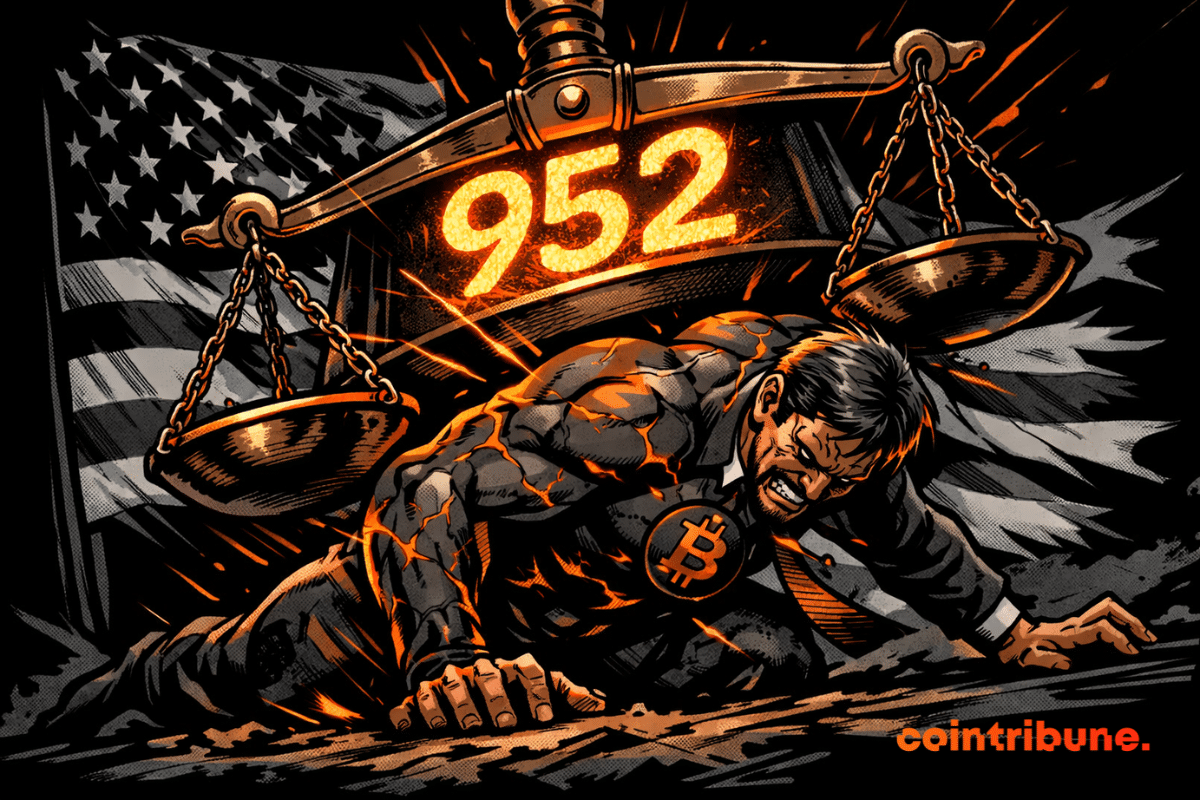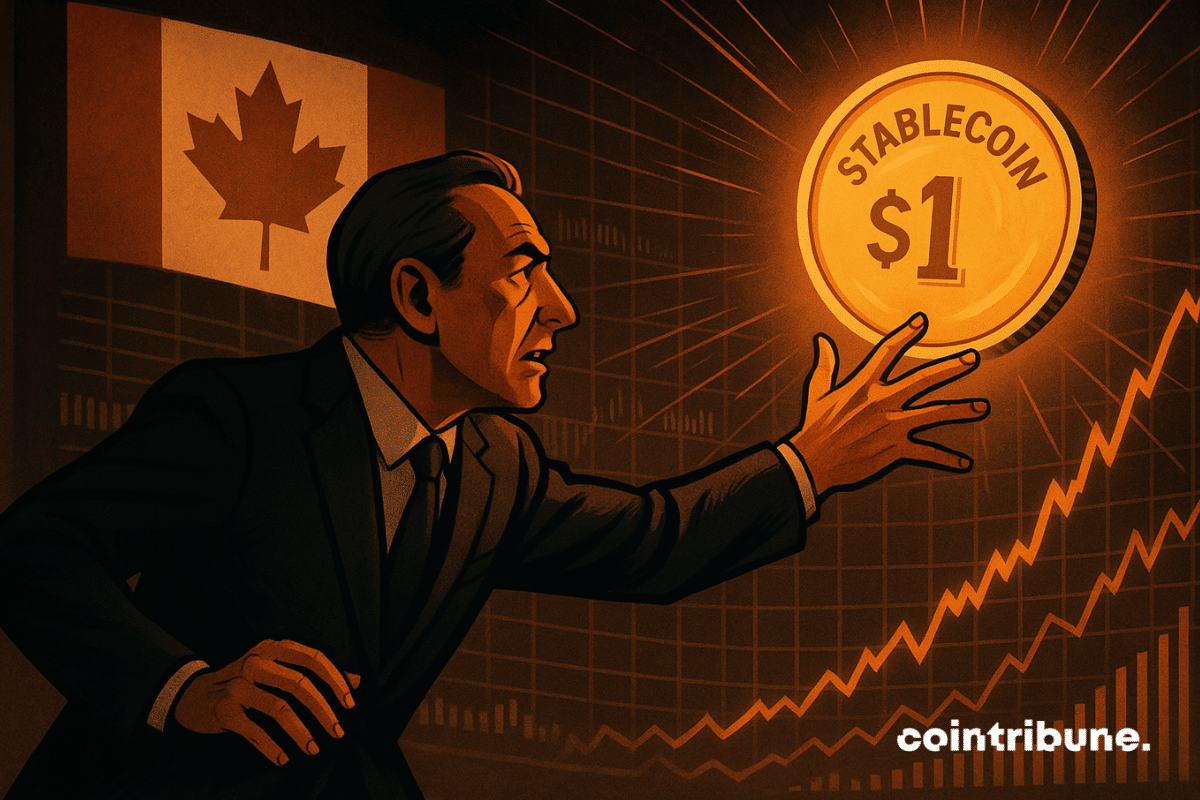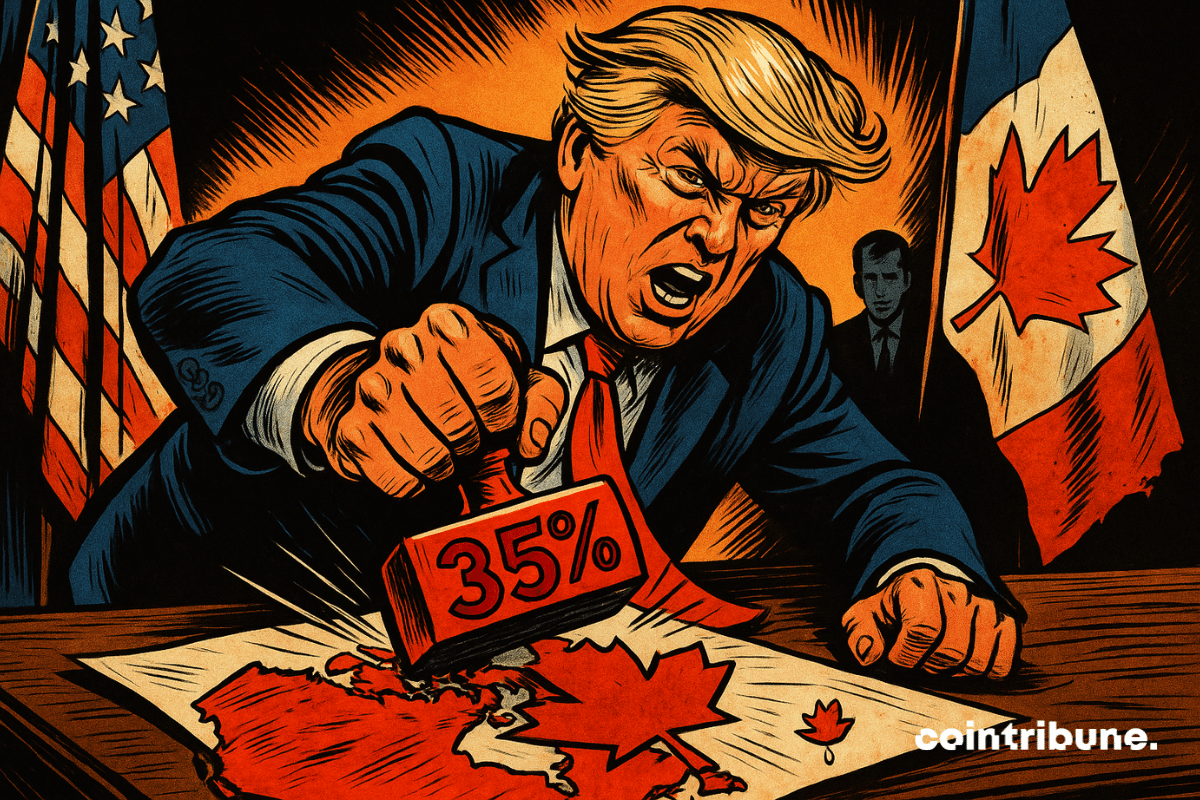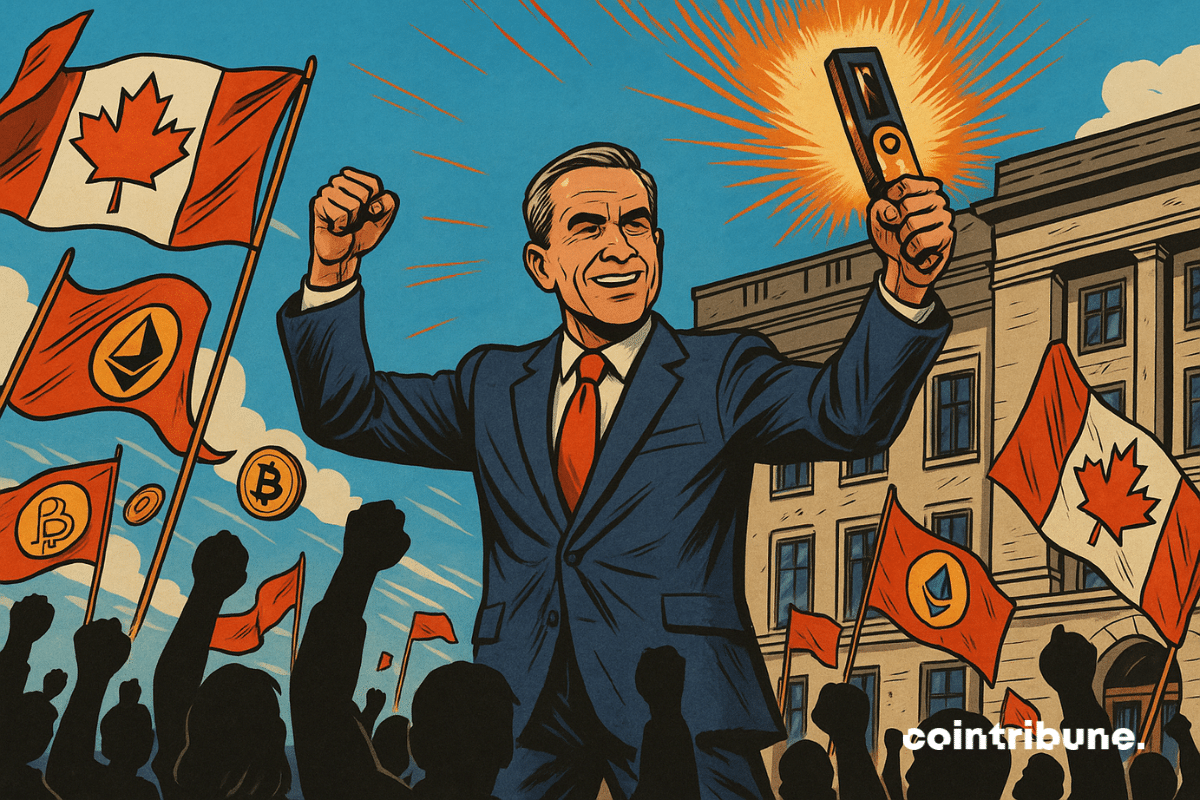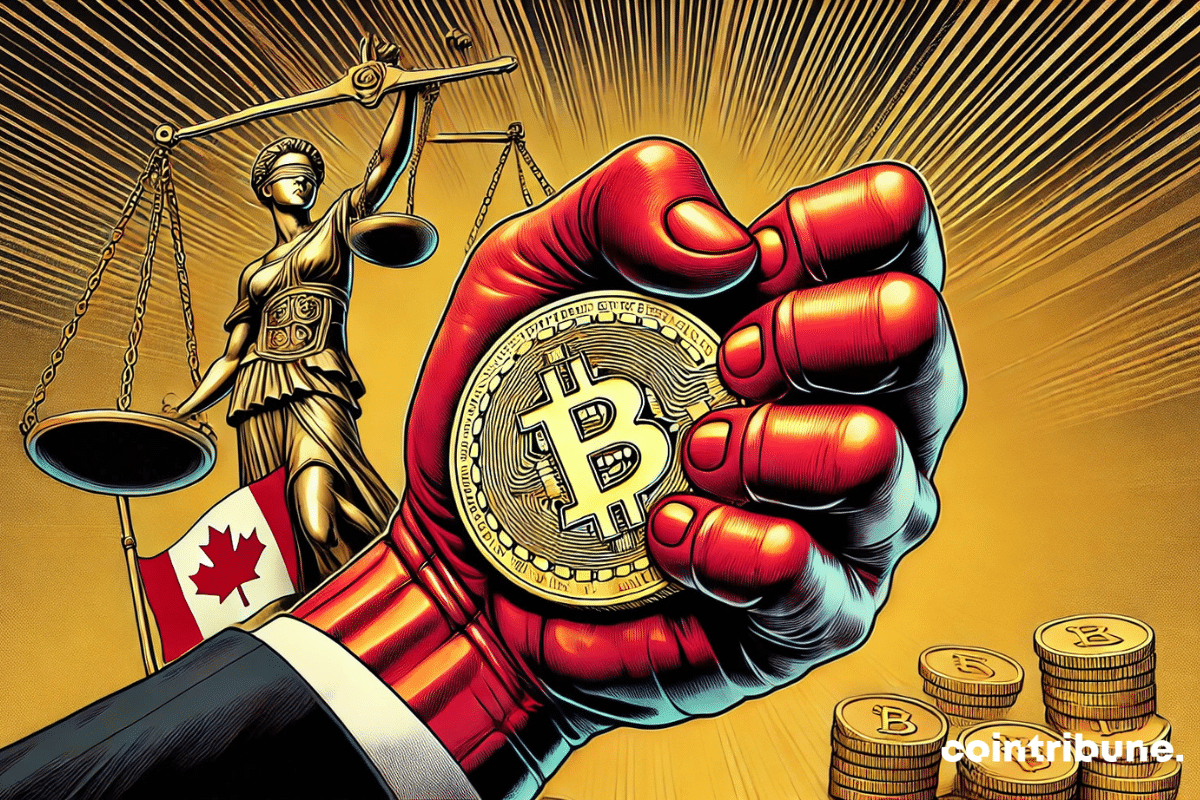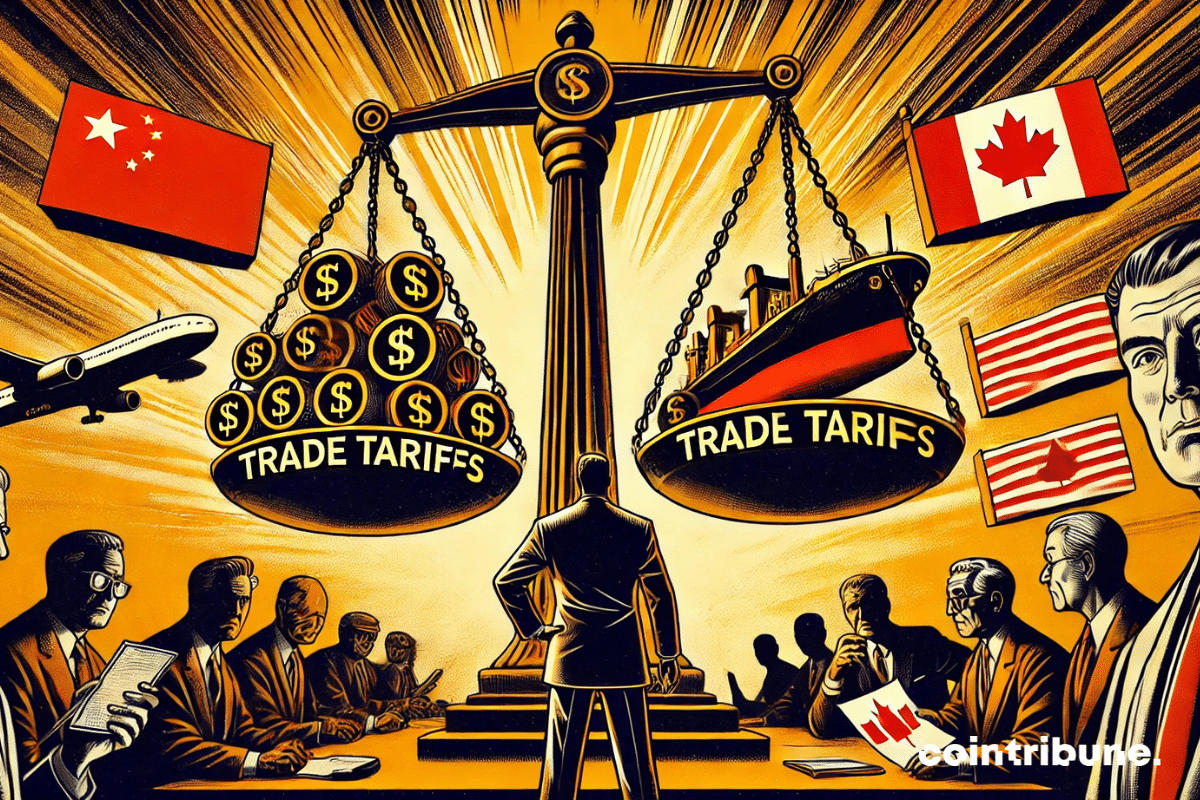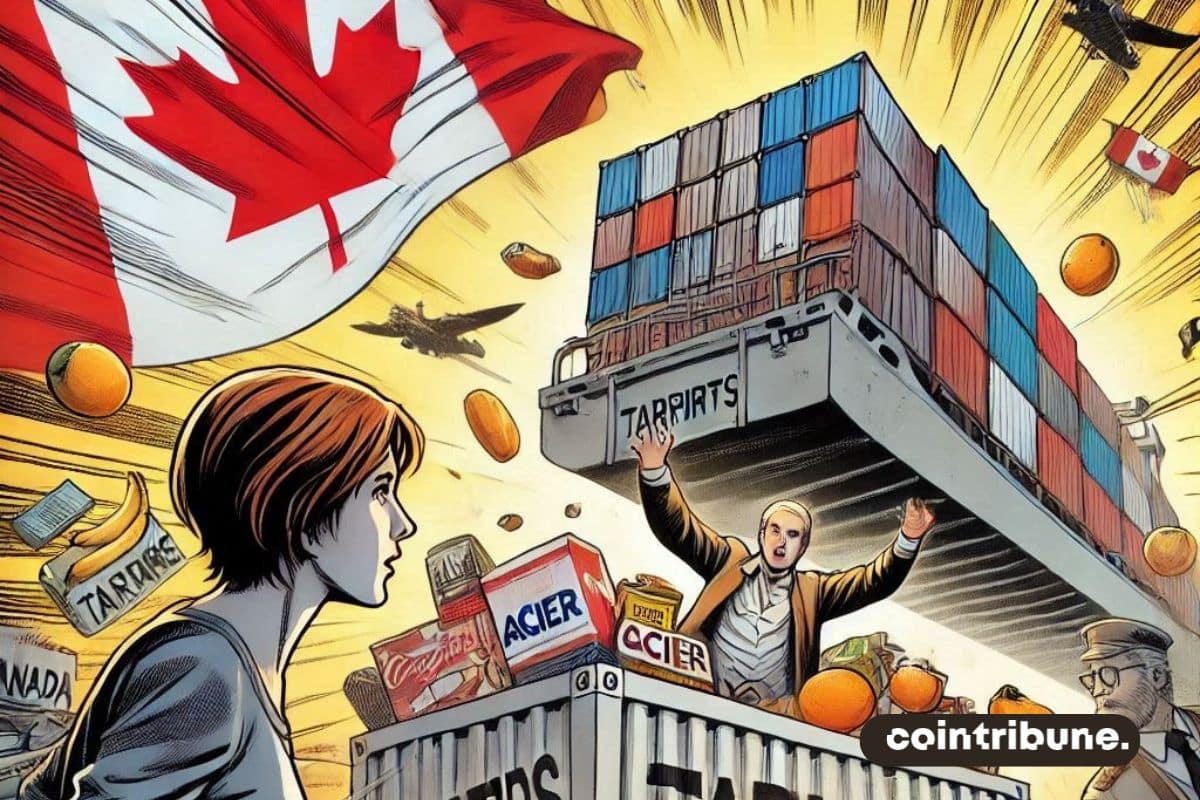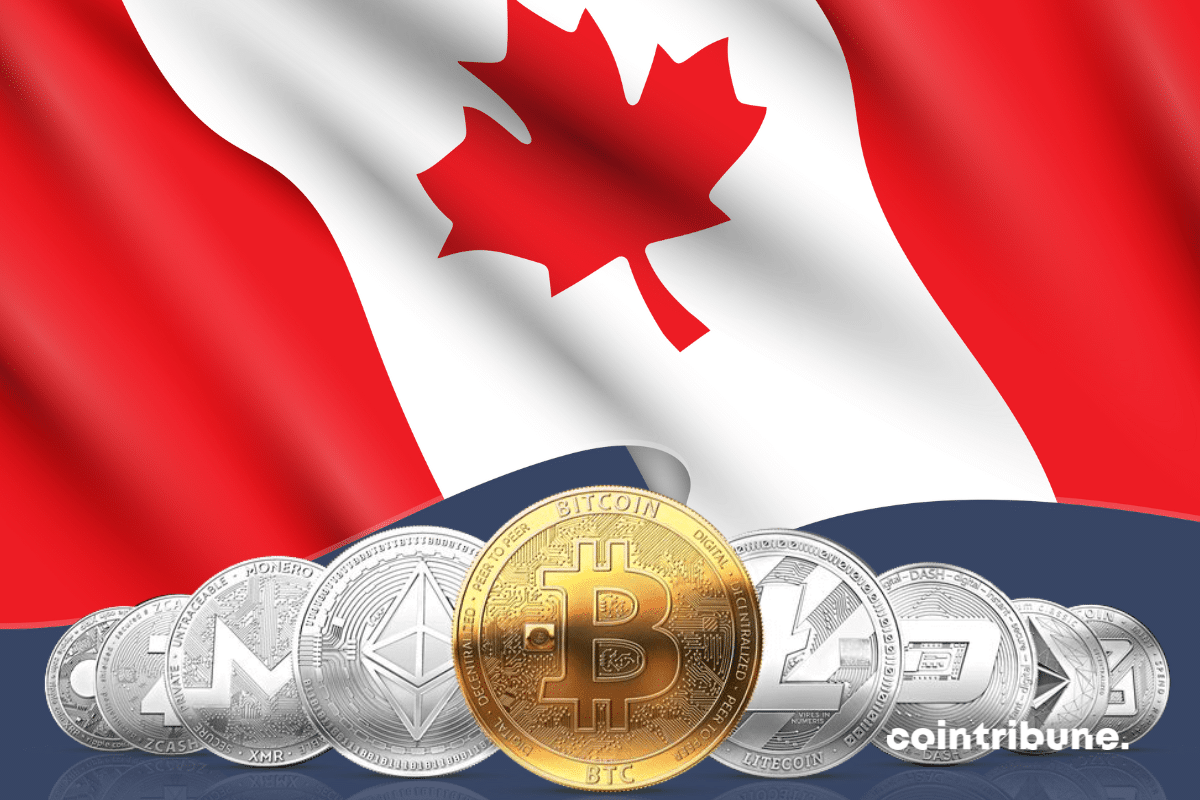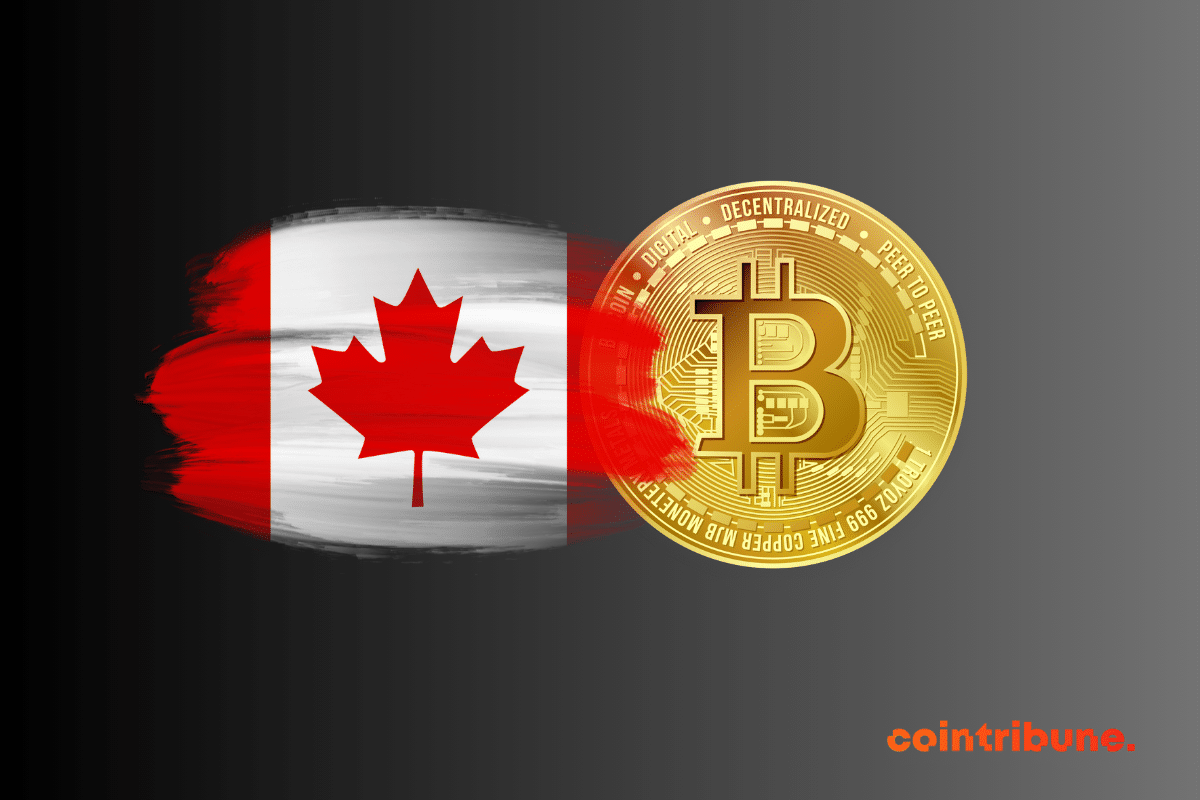Global crypto exchange-traded products (ETPs) saw a sharp pullback last week amid a return to regulatory uncertainty. New data from CoinShares shows investors withdrew nearly $1 billion, ending a three-week streak of inflows. Delays around the U.S. Clarity Act played a key role in weakening sentiment, especially among U.S.-based institutions. Market activity also pointed to rising caution around large holders and near-term policy risks.
Canada
While some governments are struggling, Singapore and Dubai are fueling crypto. What if the finance of tomorrow came from... paradise islands obsessed with wallets?
Ron Morrow of the Bank of Canada highlights the rapid growth of stablecoins and calls for clear rules to ensure safe and reliable digital payments.
Trump slams the door on the G7 and brings out his tariff weapons. Canada suffers, the economy wavers, and copper prices soar. What is the star chef of protectionism really cooking up?
Mark Carney, a political and economic victory for Canada, but beware! He may be preparing to bury cryptocurrencies in order to welcome CBDCs with open arms. Bitcoin, get ready to pack your bags.
The evolution of the Canadian political landscape could disrupt the crypto ecosystem. Mark Carney, former governor of the Bank of Canada and the Bank of England, has just been appointed to succeed Justin Trudeau. His rise to power does not go unnoticed, particularly in the crypto sector. Known for his sharp criticisms of bitcoin, Carney has previously described the asset as a deficient monetary model, which fueled a "global speculative mania." His vision, rooted in a centralized approach to finance, suggests a restrictive policy towards cryptos. As Canada continues to seek its regulatory guidelines for these assets, Carney's appointment could represent a radical shift. His influence on the future of bitcoin and cryptos in Canada deserves close scrutiny.
The National Bank of Canada (BNC), one of the largest financial institutions in the country, appears to be taking a cautious, even bearish, stance on bitcoin. According to a recent filing with the Securities and Exchange Commission (SEC), the bank has acquired a put option on a portion of its holdings in BlackRock's Bitcoin ETF (IBIT). This option would allow it to sell over $1.3 million worth of Bitcoin ETF, indicating a possible anticipation of a decline in the asset's price.
The Canadian Investment Regulatory Organization (CIRO) has tightened the noose on cryptocurrencies. On February 5, the regulator excluded crypto funds from reduced margin eligibility, citing their high volatility and liquidity risks.
The crypto market is experiencing a spectacular rebound following the decision by U.S. President Donald Trump to temporarily suspend the proposed tariffs on Canada and Mexico. This announcement comes amid intense negotiations between the United States and its North American neighbors concerning border security and trade.
On February 3, 2025, Bitcoin reached a local low of $91,530 before rebounding to $95,306 later in the day. This decline comes after China, Canada, and Mexico promised severe retaliatory measures in response to tariffs imposed by the Trump administration. These measures have rekindled fears of a global trade war, prompting investors to shy away from risky assets, including cryptocurrencies.
The United States is reviving trade tensions with its major economic partners. Donald Trump has just announced massive new tariffs on imports from Canada, Mexico, and China, and is reigniting an aggressive protectionist policy. Presented as a response to the fight against fentanyl trafficking and illegal immigration, this decision primarily fits into a broader strategy aimed at renegotiating North American trade agreements and protecting the American industry from Chinese competition. This escalation has immediately provoked a virulent reaction from the targeted countries, which are already preparing retaliatory measures, foreshadowing a new economic showdown with uncertain consequences.
Canada is preparing for a trade war with the United States in response to Donald Trump's threats to increase tariffs on Canadian products. Canadian Minister of Foreign Affairs, Mélanie Joly, stated that Canada would impose a "Trump tax" if these threats materialized, thereby triggering the largest trade war between the two countries in decades.
On January 7, Canadian politics experienced a seismic shift: Justin Trudeau, in power since 2015, announced his resignation following the abrupt departure of his Finance Minister, Chrystia Freeland. Since then, all eyes have turned to Pierre Poilievre, the leader of the Conservative Party, whose popularity is skyrocketing as the October 20 elections approach. Among his supporters, a billionaire has caused a stir: Elon Musk, the iconic CEO of Tesla and SpaceX, praised his statements on inflation and fiscal responsibility.
Initially, Bitcoin (BTC) mining was an activity practiced exclusively by a handful of insiders. However, over time, more and more people began to engage in it. As the phenomenon grew, mining farms started to emerge. In this article, we will explore what these platforms are, how they operate, and why they are interesting. We will also look at how they are powered, whether they are profitable, and what their future holds.
Faced with the icy winds of inflation, Vancouver weaves a digital web: bitcoin, a bold weapon, guards treasures against the monetary storm.
The crypto market has recently been shaken by a spectacular news: the price of bitcoin has reached the equivalent of 100,000 dollars in Canada. This impressive increase, which reflects the current global bullish trend, is the result of several factors that we will explore in a moment.
Canada has just added fuel to the fire. The announcement of a 100% customs tariff on electric vehicles (EVs) imported from China, including Tesla models made in Shanghai, by Prime Minister Justin Trudeau is a decisive step in the trade policy of his country. This decision comes amid rising tensions between the world's major economic powers, where each new tariff measure risks causing major upheavals in financial markets and further complicating diplomatic relations.
In the crypto industry, Asia and Africa surpass the United States in startups. Discover the reasons behind this trend.
The crypto revolution is struggling to attract Canadians. Despite the growing interest in these assets internationally, Canadians remain attached to more traditional payment methods. At least, that's what a recent survey conducted by the country's central bank reveals.
Canada launches the first Solana ETF! A major innovation for crypto investors in North America.
Decentralized Finance is disrupting investing: Tokenization changes the game!
Switzerland and its well-tuned watches: from now on, cryptocurrencies will tick-tock with the tax authorities!
Tiff Macklem warns of systemic stress and risks of a "brutal correction" in financial markets.
A study conducted by a Canadian firm reveals that the interest of Canadian institutional investors in cryptocurrencies has seen a significant surge over the past two years. Estimated at 29% in 2021, the proportion of institutional investors exposed to cryptocurrencies in Canada has increased to 75% in 2023. The executives of the firm present the factors that justify this trend.
Influx of record and diversification of crypto assets since the beginning of the year: cryptocurrencies attract investors.
Canadians would be disappointed with cryptocurrencies. According to the latest statistics, a significant number of them have regretted their investments in this digital asset. Details !
After months of operational struggle, Bitcoin (BTC) reigns over the ecosystem stronger than ever. In the past 24 hours, the asset's valuation increased by 3.18%, surpassing the symbolic $35,000 mark. This brought delight to enthusiasts of this crypto asset. A Canadian parliamentarian, a few days ago, encouraged the public to actively engage with this cryptocurrency that continues to surprise.
In the Canadian crypto landscape, a media storm is brewing. With increasingly strict regulations and recent announcements related to online censorship, Canada stands at a crossroads. Elon Musk, the influential tech mogul, wasted no time in reacting and delivered scathing criticisms of Justin Trudeau. What is the reality of the situation in Canada? And what impact could these events have on the crypto future?
The Russian mining industry is experiencing strong growth, with BitRiver leading the way, propelling Russia into the top 3 globally.
